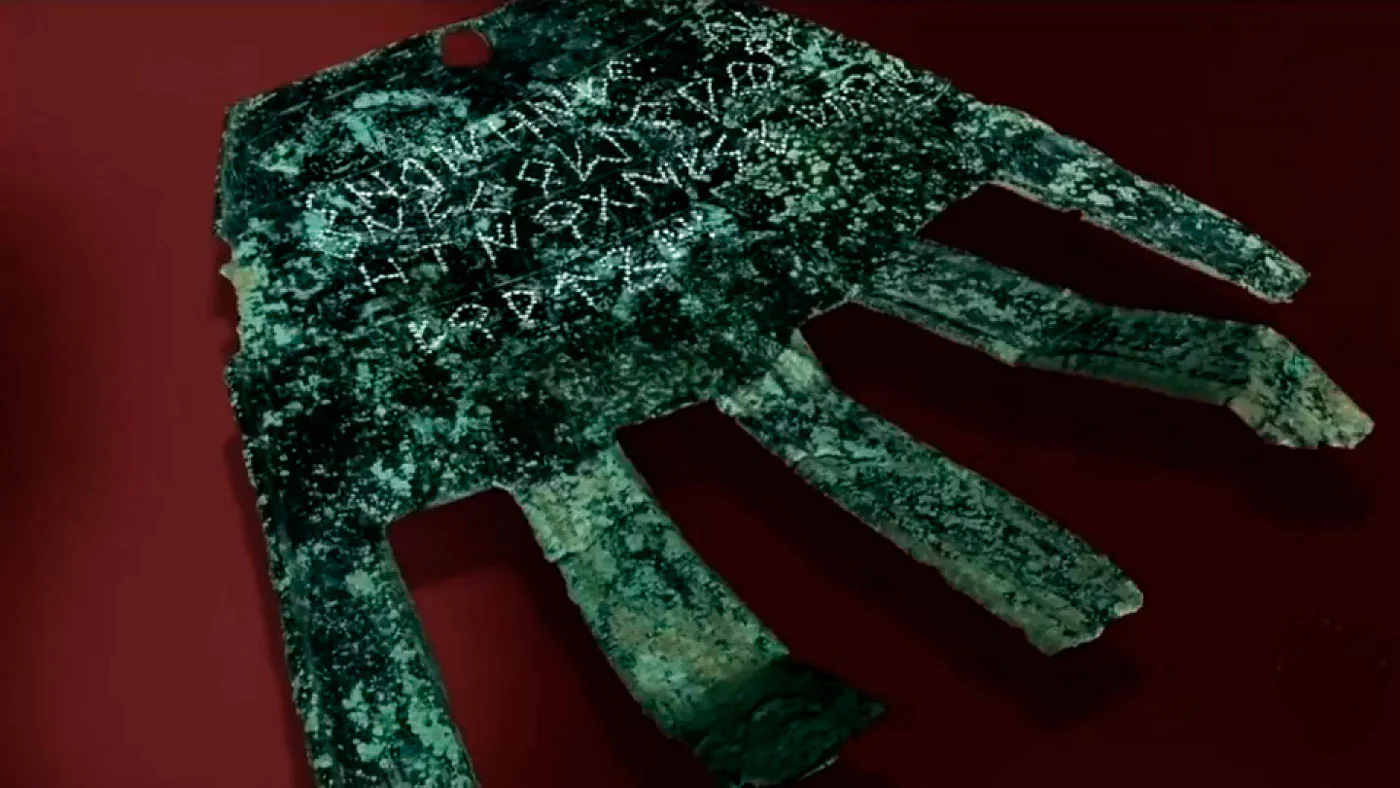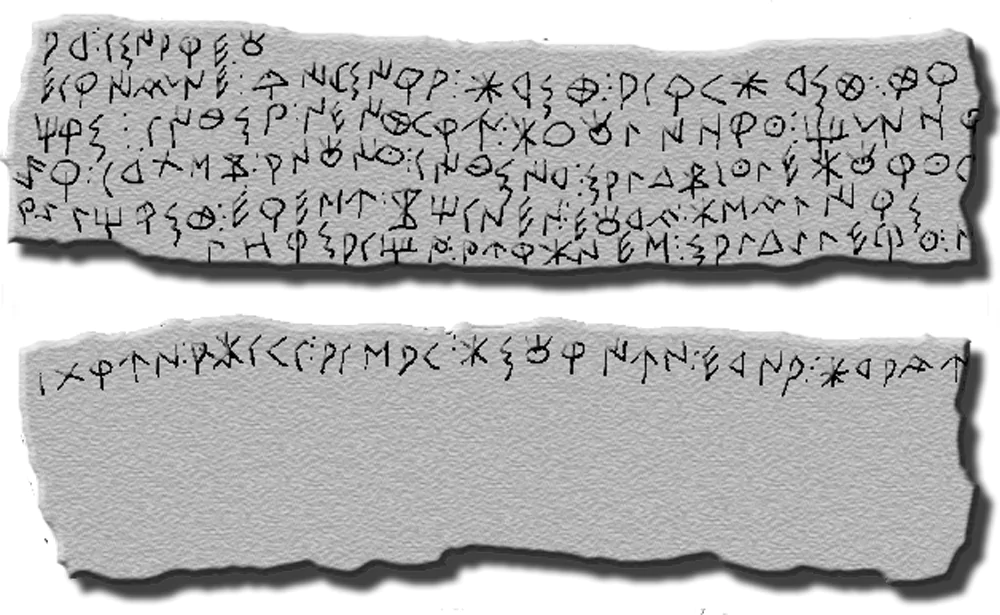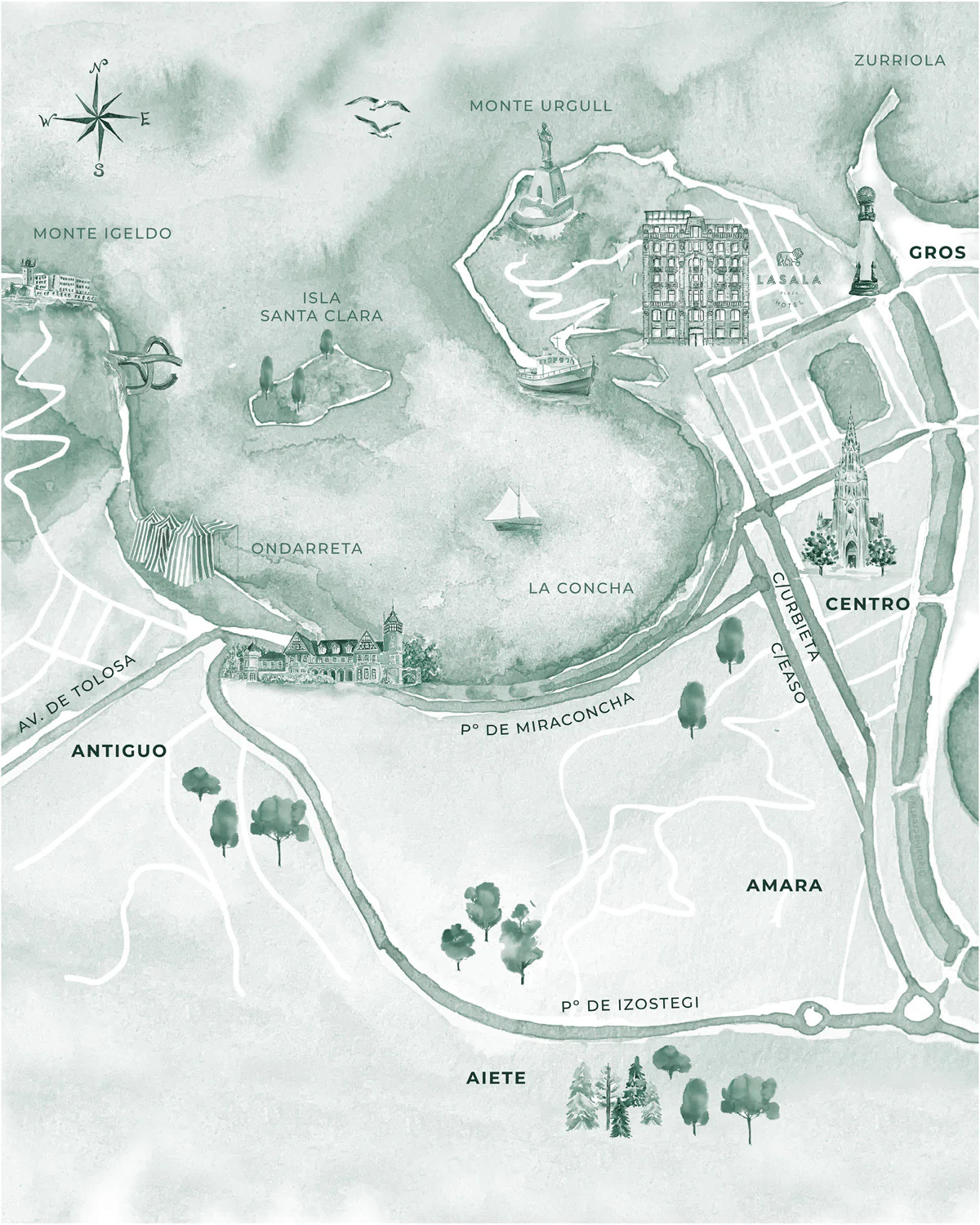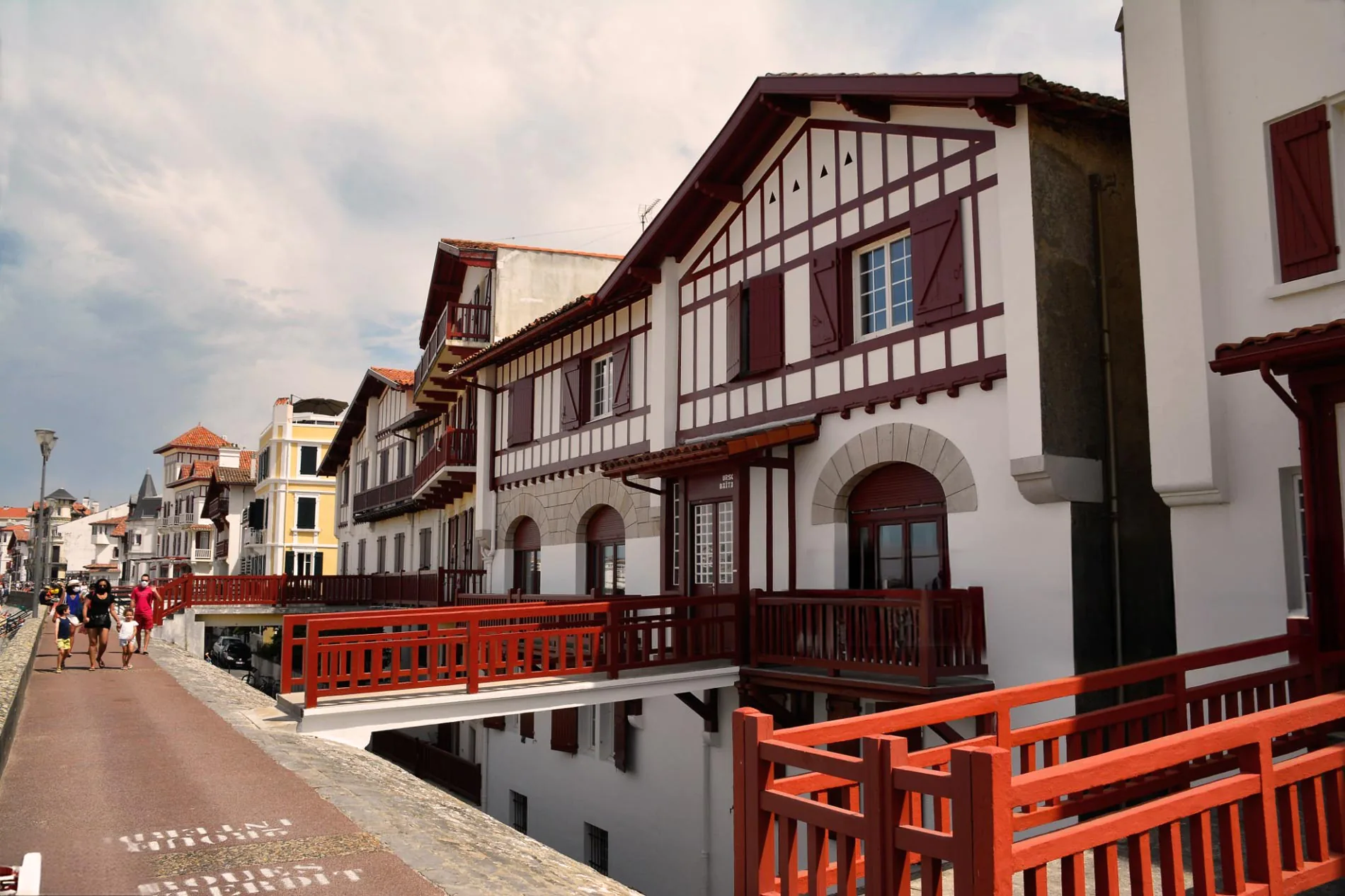Kaixo! (Hello!). If you’re looking for a way to greet someone in Basque, that’s a great word to start with. Want to say “thank you”? Try Eskerrik asko! And if someone thanks you, you can reply with Ez horregatik (You’re welcome). These are just small examples of the richness of the Basque language, or euskara, a linguistic treasure that sets the Basque Country apart. But there’s much more to discover about this ancient tongue.
Blog - BASQUE CULTURE IMMERSION
Basque language facts: discover one of Europe’s oldest and most mysterious tongues
29 December 2025


In this article, brought to you by Lasala Plaza Hotel, one of the best hotels in San Sebastian, Spain, we’ll explore five fascinating facts about the Basque language that will give you deeper insight into the unique cultural heritage of this stunning corner of Europe
1. The oldest living language in Europe
One of the most remarkable Basque language facts is that euskara is widely considered the oldest living language in Europe. Linguists estimate that it existed long before Indo-European languages arrived on the continent. Unlike Spanish, French, or English, Basque has no known linguistic relatives, making it a true enigma.
Scholars have debated its origins for centuries, with some theories suggesting it dates back to languages spoken during the Paleolithic era. However, its precise roots remain a mystery. What’s certain is that euskara has survived countless challenges, including Roman invasions, wars, and centuries of dominance by other languages.
Walking through the streets of San Sebastian or Bilbao and hearing conversations in Basque feels like stepping back in time, connecting with a language that has endured for millennia and continues to thrive as a symbol of Basque identity.
2. Official language status came in the late 20th Century
Although the Basque language has ancient roots, its official status is relatively recent. Since 1979, euskara has shared official language status with Spanish in the Basque Autonomous Community, and it became an official language in parts of Navarre in 1982.
This recognition played a crucial role in revitalizing the language. Policies promoting its use in education, media, and public administration have helped euskara gain visibility after periods of decline. Today, many Basque families prioritize teaching the language to their children, ensuring its transmission to future generations.
3. How many people speak Basque?
Estimating the number of Basque speakers isn’t straightforward, but recent studies provide some insight. According to sociolinguistic research, around 750,000 people over the age of 16 speak Basque. This marks a notable increase from 711,000 in 2011, thanks in large part to the success of immersion programs in Basque schools.
These programs allow children to learn Basque from an early age, while euskaltegis (Basque language schools) offer adults the chance to improve their language skills. Learning Basque can be challenging due to its distinct grammar, but many people find it deeply rewarding and enjoy the unique perspective it offers on the world.
4. The Basque language in the global diaspora
You might be surprised to learn that Basque isn’t only spoken in the Basque Country. Thanks to centuries of migration, Basque communities have spread around the world, particularly to the Americas.
During the 19th and 20th centuries, many Basques emigrated to Argentina, Chile, Uruguay, Mexico, and the United States, among other countries. Today, cities like Boise, Idaho (home to one of the largest Basque-American communities), and Buenos Aires, Argentina, have active Basque cultural centers that organize events, festivals, and language classes.
These communities, often referred to as the “eighth province,” have helped keep Basque culture and language alive far from their homeland.

5. Euskal Etxeak: preserving Basque heritage around the world
One of the cornerstones of the Basque diaspora is the network of Euskal Etxeak, or Basque Houses. These cultural centers, found in over 20 countries, serve as “embassies” for Basque heritage, promoting the language, traditions, and history of the Basque people.
There are currently around 150 Euskal Etxeak worldwide, where you can take Basque language classes, learn traditional Basque dances, watch pelota matches, and attend lectures on Basque history. They provide a sense of community for those with Basque roots and a gateway for others who are curious about this fascinating culture.
Learning Basque: a unique and enriching experience
If these Basque language facts have inspired you to learn euskara, you’re not alone. Although it’s known for being a challenging language, it offers a window into the Basque worldview and a deeper connection to the region’s history and traditions.
Whether you take intensive courses, join a local Basque club, or explore online resources, learning Basque can be an unforgettable adventure. And if you’re visiting San Sebastian, don’t miss the opportunity to use a few Basque phrases while exploring the city.
Connect with Basque culture at Lasala Plaza Hotel
Euskara is more than just a language; it’s a symbol of resilience, identity, and cultural pride. From its ancient origins to its role in the modern diaspora, every aspect of Basque tells a story.
When you plan your trip to San Sebastian, why not stay at Lasala Plaza Hotel, one of the best hotels in San Sebastian, Spain? Located in the heart of the Old Town near the harbor, our boutique hotel offers stunning views of La Concha Bay, luxurious rooms, and a unique connection to Basque history and tradition.
By staying with us, you’ll experience the very best of San Sebastian, from its culinary excellence to its rich cultural heritage. And who knows? You might even leave with a few Basque words in your vocabulary.
Eskerrik asko for reading, and we hope to welcome you soon to Lasala Plaza Hotel – your home in the Basque Country. Agur! (Goodbye!)

Lasala Plaza Hotel
Plaza Lasala, 220003 Donostia – San Sebastián info@LasalaPlazaHotel.com T. +34 943 547 000




























